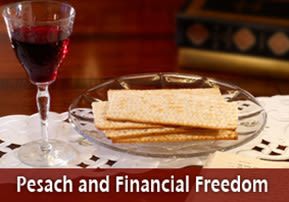
Pesach and Financial Freedom
The Jewish calendar is a system for self-growth. Specific times are embedded throughout the year to allow us easier access to change certain areas of our lives.

The Jewish calendar is a system for self-growth. Specific times are embedded throughout the year to allow us easier access to change certain areas of our lives. These times are the holidays and each holiday has a unique growth opportunity. Reb Nachman teaches in Likutei Moharan that Passover is the time that a person can become free specifically from ta’avas hamamon-desire for money and or financial issues.
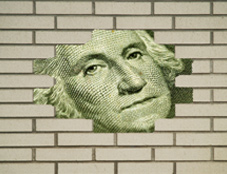 Why in particular is Passover associated with financial freedom?
Why in particular is Passover associated with financial freedom?
G-d told Abraham that his descendents would be oppressed for 400 years in a foreign land and then they would leave with great wealth. Moses commanded the Jewish people before they left to request silver and gold from their Egyptian neighbors. The Jewish people found favor in the eyes of the Egyptians and they gave them more than they requested. The Midrash states that the Jews did as Moses had commanded them without any monetary desires. Hence this is the source of connection between overcoming our desire for money and the Passover holiday.
We find this event also alluded to in the laws of Passover. The Shulchan Aruch, the Code of Jewish Law states a person should adorn their Seder table with beautiful silver and fineries in commemoration of the great wealth with which the Jews left Egypt.
It is interesting to note that the Hebrew word for money is kesef; if you interchange the letters it spells the word Pesach-Passover (substituting one letter with the similar sound).
Passover has a deep connection to our relationship with money. Interestingly, best-selling author and financial guru Suzie Orman writes that early in her career she realized that people have many subconscious issues with money. Before she can help someone with financial planning she needs to help people work out their issues with money. For instance, one person’s sibling stole money from them as a child and refused to admit it; so they couldn’t trust anyone with their money. Another woman’s parents always traveled when she was a child; therefore money represented loneliness and abandonment. Suzie realized that people’s relationship to money formed at a young age and dramatically affected their financial decisions throughout their lives. Therefore, money represents different things to each of us.
So how does one gain financial freedom? Here are four practical steps a person can incorporate this Passover.
The first step is to do a chesbon hanefesh-spiritual accounting reflecting on your relationship to money. Ask yourself the following questions. What does money represent to me? Can I remember any significant incident with money growing up? Where or how am I enslaved to money? Am I being fiscally responsible every month? How is money affecting my relationship with my spouse, children and friends? How can I become more financially responsible?
The second step is to try to internalize the proper Torah outlook towards money. After the Jews left Egypt, they entered the Sinai desert with little provisions. The Jews trusted that G-d would take care of them. In the desert the Jews ate manna-bread from heaven. Everyday people would collect a portion of manna. The manna could not be hoarded, any excess of the daily ration would become putrid. On Friday, a double portion fell and the people were told not to go out to collect on Shabbat. Every Shabbat we commemorate this by having two challas to remind us that on Friday we received a double-portion. The lesson of the manna is that our livelihood comes from Hashem. In fact, our tradition is that a person’s annual income is determined on Rosh Hashanna. In terms of our livelihood, we can’t become too passive and rely on miracles. On the other hand, we need to realize it is not our business genius or long hours that determines our income. Someone who internalizes this belief is truly free from financial slavery.
The third step is to spend money properly in honoring the holiday. Go out and buy everything you need for the Seder including matzah and wine. Try to set your table with beautiful things. It is also a good idea to give tzedakah. The first law of Passover in the Code of Jewish law states that a person should give charity specifically to help people with their Passover needs.
Jewish mysticism teaches that giving tzedakah-charity is compared to the koshering process. Just like in koshering meat you need to salt the meat to expel the blood to allow the meat to become permissible; so too the tithing process koshers the money. One of the names for money in Hebrew is damim, which means blood. A person must realize that money is a gift from G-d and comes with responsibility. Just like salt is a preservative for food, giving tzedekah is a preservative for wealth.
The fourth step is prayer. Ask G-d to help you become free in your relationship to money. The Torah states that G-d heard the cries of the Jewish people in Egypt and then He freed them. The power of prayer to overcome ta’avas hamomon-desire for money is very potent on Passover.
Using these four steps, a person has the ability to really make a dramatic change in obtaining financial freedom. Chag Kosher Vesemeach.


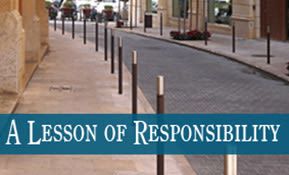


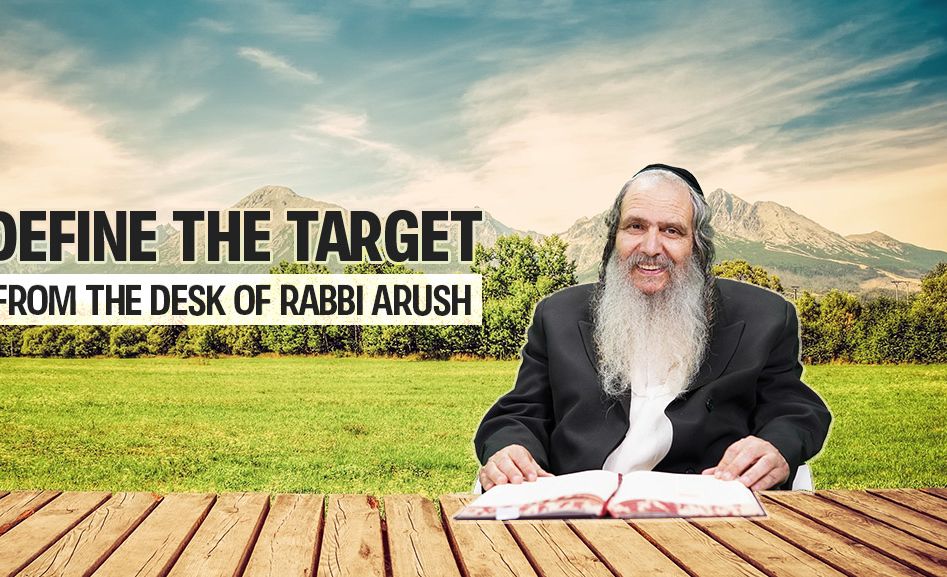

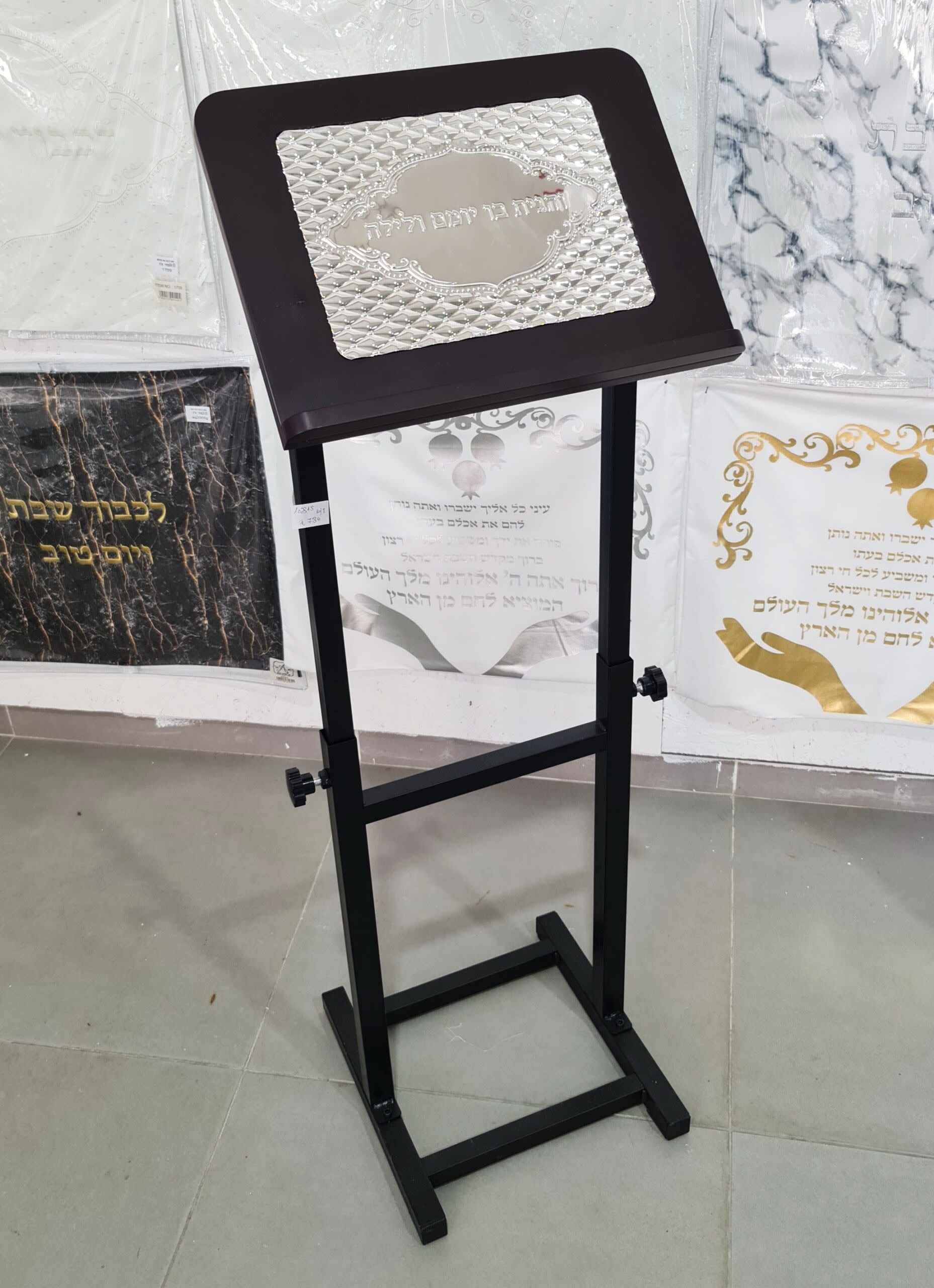
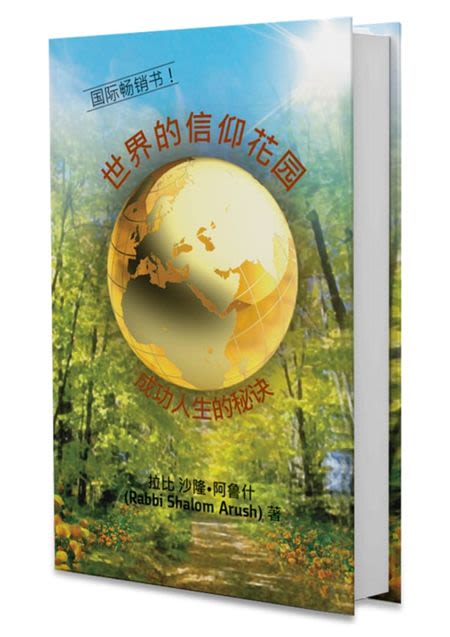

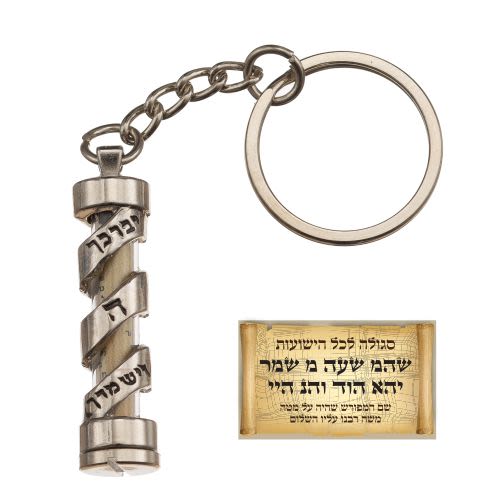
Tell us what you think!
Thank you for your comment!
It will be published after approval by the Editor.